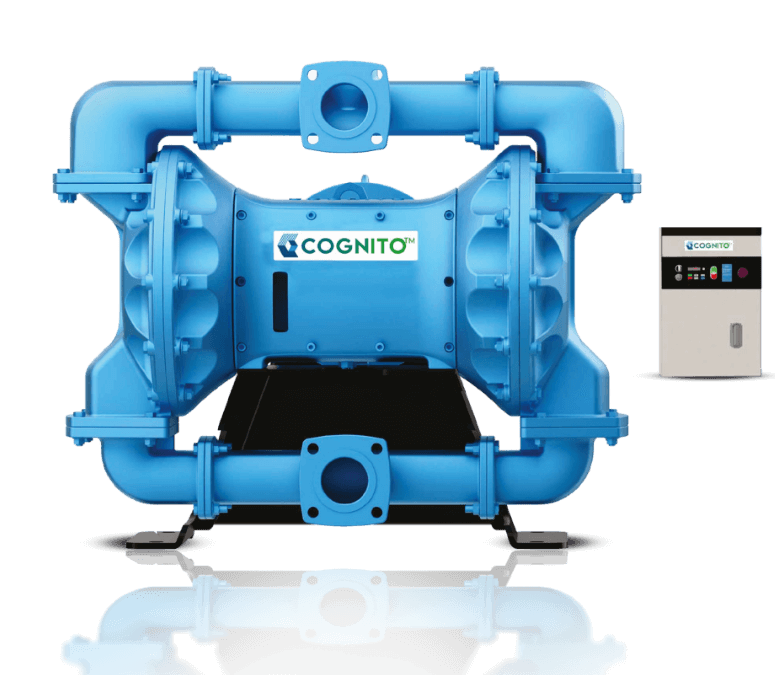The Future of Intermediate Bulk Containers in Industry
 |
| The Future of Intermediate Bulk Containers in Industry |
In
today’s time and age, intermediate bulk containers (IBCs) are an
indispensable tool for handling, storing, and transporting liquids, chemicals,
pharmaceuticals, and food products. As per reports from the SNS Insider
Research, the IBC market size is going to expand – it is likely to reach USD
15.42 Billion by 2032, at a CAGR of 5.50% during the forecast period of
2024-2032.
Over
time, IBCs have been updated and enhanced to reduce product and packaging
wastage, optimise logistics and create an overall efficient shipping process.
Below are a few trends and innovations that will shape the future of intermediate bulk containers
and their impact on various industries. Some of these have already caught on.
Let’s take a look at those.
Enhanced
Focus on Sustainability
Modern
businesses are looking for greener and more sustainable packaging solutions to
minimise their carbon footprint, courtesy of rising environmental concerns and
environmentally conscious consumers. The future is definitely green. As a
result, more and more manufacturers are looking for ways to prioritise reusable
and recyclable containers. The goal is not just to meet the stringent
sustainability criteria of various industries but also to save on costs (in the
long term)
Smart
Tech Integration
In
the logistics industry, smart technology such as Internet of Things (IoT)
sensors are already making waves (big ones). These technologies allow real-time
tracking of location, temperature, humidity, and fill levels, taking the
shipping process to an altogether new level. The data collected helps companies
check their product quality, track shipments, and predict maintenance needs.
For the manufacturer of IBCs, the same data gives them insights which
help them design their product more efficiently, both in terms of performance
and cost.
Modular
Design and Flexibility
More
and more companies are now looking for customised containers which they can use
to store products of different sizes. For example, companies can reduce the
size of a container in order to send something that occupies less space and end
up paying less. Besides cost savings, modular IBCs also offer operational
flexibility where companies do not have to wait for a different container to
ship products that can’t be accommodated in the current containers.
The
modular design also includes the optimisation of storage space in other ways.
For example, foldable and collapsible IBCs come in handy during return
logistics. When products have been moved to the desired space, these IBCs can
simply be folded or collapsed instead of moving as they are. Folding IBCs
contributes to cost savings and improved efficiency in supply chain management,
particularly in industries with dynamic shipping and storage requirements.
Enhanced
Safety and Compliance Standards
With
regulations around handling and transportation of materials, especially
hazardous products, tightened, IBC brands are expected to incorporate advanced
safety features into their containers. From anti-corrosion coatings to
leak-proof seals, more and more safety measures will be in place in the near
future.
Adoption
of Lightweight Materials
If
you have shipped any package, you know that the weight of the shipment
determines the cost. Modern IBC manufacturers will be expected to offer more
cost-efficiency to their operators by opting for lightweight alternatives such
as high-strength polymers that do not compromise on strength.
Improved
Cleaning and Sterilisation Technologies
Industries
such as food & beverage and pharmaceuticals call for high-quality cleaning
and sterilisation of containers. More technologies such as ultrasonic cleaning
and UV sterilisation will most likely be a norm in the future, enhancing
product safety. Measures such as containers designed with smooth surfaces,
rounded corners, and easy-to-clean features to ensure compliance are already
being taken by several brands to prevent contamination and maintain the highest
levels of hygiene.
Customisation
Another
notable trend in the IBC industry is that of customised solutions. For example,
customers may go for specific criteria, including size, material, and features,
to cater to the specific needs of their industry or application. If a customer
intends to use the containers for multiple applications, that should also be
possible. Customisation options can include specialised linings and coatings,
discharge systems and additional safety features.
IBC
Material Handling Solutions by Matcon
Matcon
has been delivering IBCs for processing, storing and transporting bulk material
solids, powders, granules, and tablets for more than 40 years. Matcon boasts of
a patented cone valve
technology which overcomes powder flow issues like bridging, rat holing,
sticky/fluffy materials flow, blend segregation and containment at the same
time discharging material in an automated, controlled and contained manner.
Advancements
in sustainability, smart technology, modularity, and industry-specific
customisation will most likely define the future of intermediate bulk
containers. Businesses will need to embrace these trends to deliver efficiency
and stay relevant. Top names such as Matcon constantly invest in research to
manufacture products that stand the test of time by incorporating the demands
of the future.
To learn more about Matcon containers, click on this link: https://www.idexindia.in/matcon/



Comments
Post a Comment